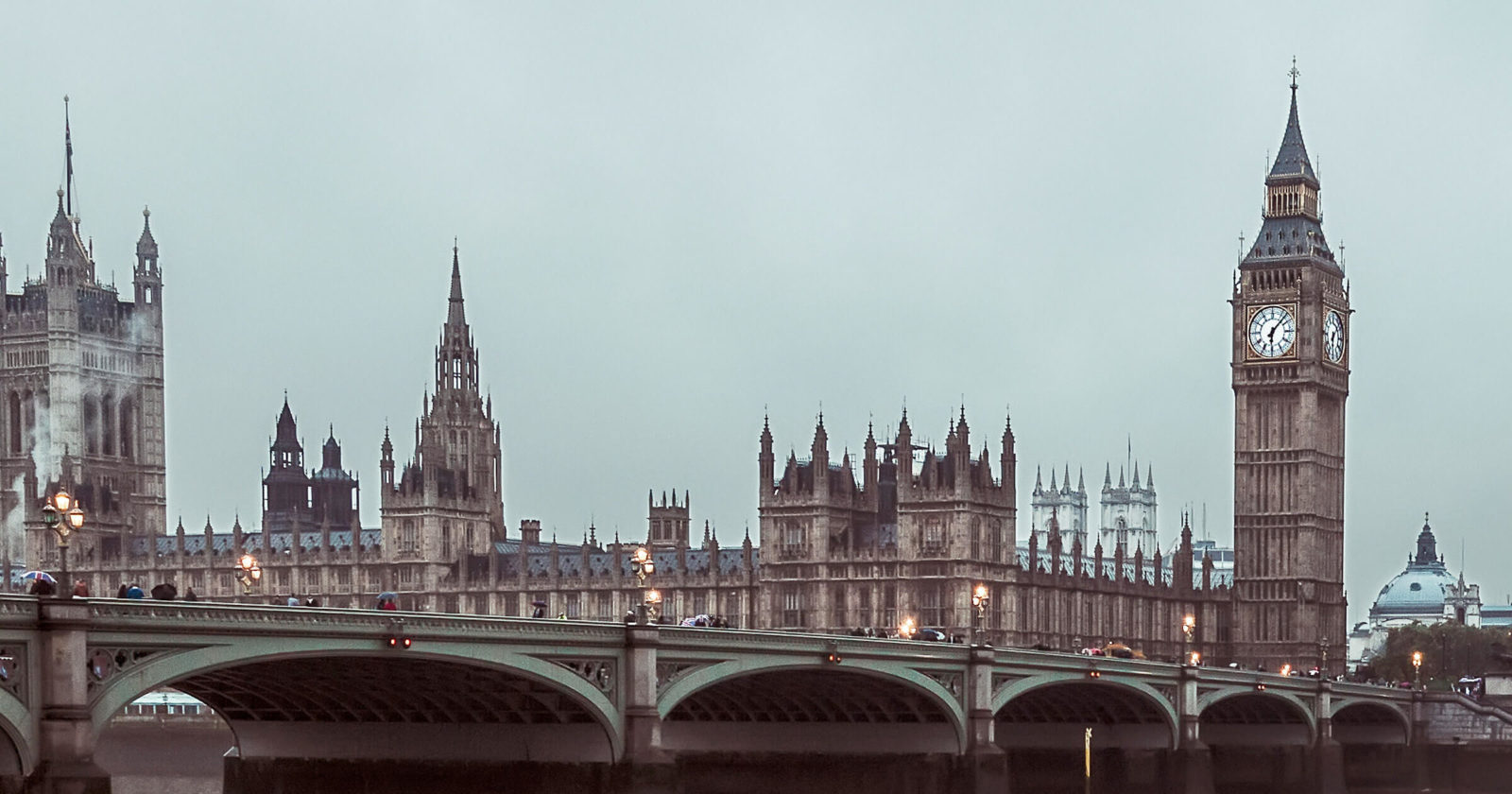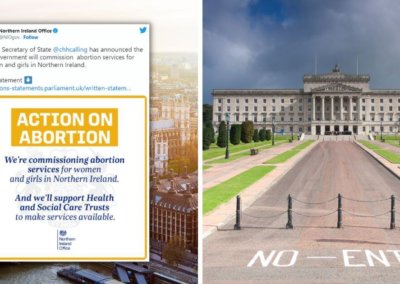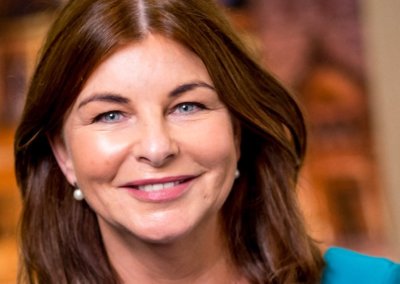The House of Lords has voted 355 to 77 in favour of a motion approving the UK Government’s extreme abortion regime in Northern Ireland.
An amendment to the motion, put forward by Baroness O’Loan, calling on peers not to approve the regulations was also defeated, with 112 votes in favour and 388 against.
While tonight’s vote in the House of Lords is a defeat for pro-life campaigners and the people of Northern Ireland they may indicate a change in momentum in the House of Lords.
A far larger group of peers voted against the motion than those who opposed a motion in July 2019 to impose abortion on Northern Ireland, which was only opposed by 37 peers. This indicates that there has been a large increase in the number of active pro-life peers in the House of Lords.
In her amendment, Baroness O’Loan noted the extreme abortion regime has been rejected by the people of Northern Ireland and the Northern Ireland Assembly.
In addition, her amendment brings attention to how the extreme abortion regime discriminates against those with a disability and allows sex-selective abortion in the first 12 weeks of gestation.
Speaking in the House of Lords tonight, the former police commissioner reiterated that a majority of Northern Ireland’s 90 MLAs voted to reject the regulations and that 79% of consultation respondents were against any change in abortion law.
She also highlighted that over 18,000 people from the province have signed an open letter urging Westminster to let Northern Ireland decide its own abortion laws.
Pleading with her fellow peers, in her closing remarks, Baroness O’Loan said: “listen to the people of Northern Ireland, listen to our Assembly, do not approve these regulations.”
In his amendment, disabled peer Lord Shinkwin called on peers to decline the regulations on the grounds that they discriminate and perpetuate stereotypes against those with a disability.
The peer, who was born with a rare genetic brittle bone disease, told News Letter: “Although technically the regulations only relate to Northern Ireland, the whole UK Parliament is being invited to endorse them and to thereby legitimise disability discrimination.”
Lord Shinkwin did not take his amendment through to a vote.
‘A huge disappointment’
A spokesperson for Right To Life UK, Catherine Robinson said:
“Tonight’s vote in the House of Lords is not just a blow to the people of Northern Ireland and to the majority of MLAs, who voted against the extreme abortion regime at the Northern Ireland Assembly, but is also a huge disappointment for both pro-life campaigners and people with disabilities across the UK.
“People such as Heidi Crowter and Lord Shinkwin who have expressed that the current law in the UK makes them ‘want to cry’ and tells them ‘they are better off dead’.”
“Following stirring speeches from the likes of Lord Alton, Baroness O’Loan, Lord Shinkwin, Lord Taylor of Warwick, Baroness Stroud, and Lord McCrea a far larger group of peers decided to vote against the regulations than did in 2019.
“This may indicate a change in momentum in the House of Lords with a large increase in the number of active pro-life peers in the House of Lords.
“Thank you to the thousands of people around the country who have written to peers asking them to oppose these regulations. While we may not have been able to get the result we wanted tonight, your work helped get a far larger group of peers taking a pro-life position on these regulations. This provides an excellent starting point for building further support for positive pro-life changes to abortion legislation in the future.”
What happens next?
Following tonight’s votes in the House of Lord’s, MPs will vote on whether to approve the extreme abortion regime, with the vote likely to take place on Wednesday.
If MPs vote down the redrafted regulations it will send a very strong signal to the Government that these extreme regulations should not be imposed on Northern Ireland.
They will then be forced to, again, redraft the regulations to either be less extreme or bring forward legislation allowing parliament to vote on revoking the regulations.
The second of those options would give back control to the people of Northern Ireland through the Northern Ireland Assembly.












